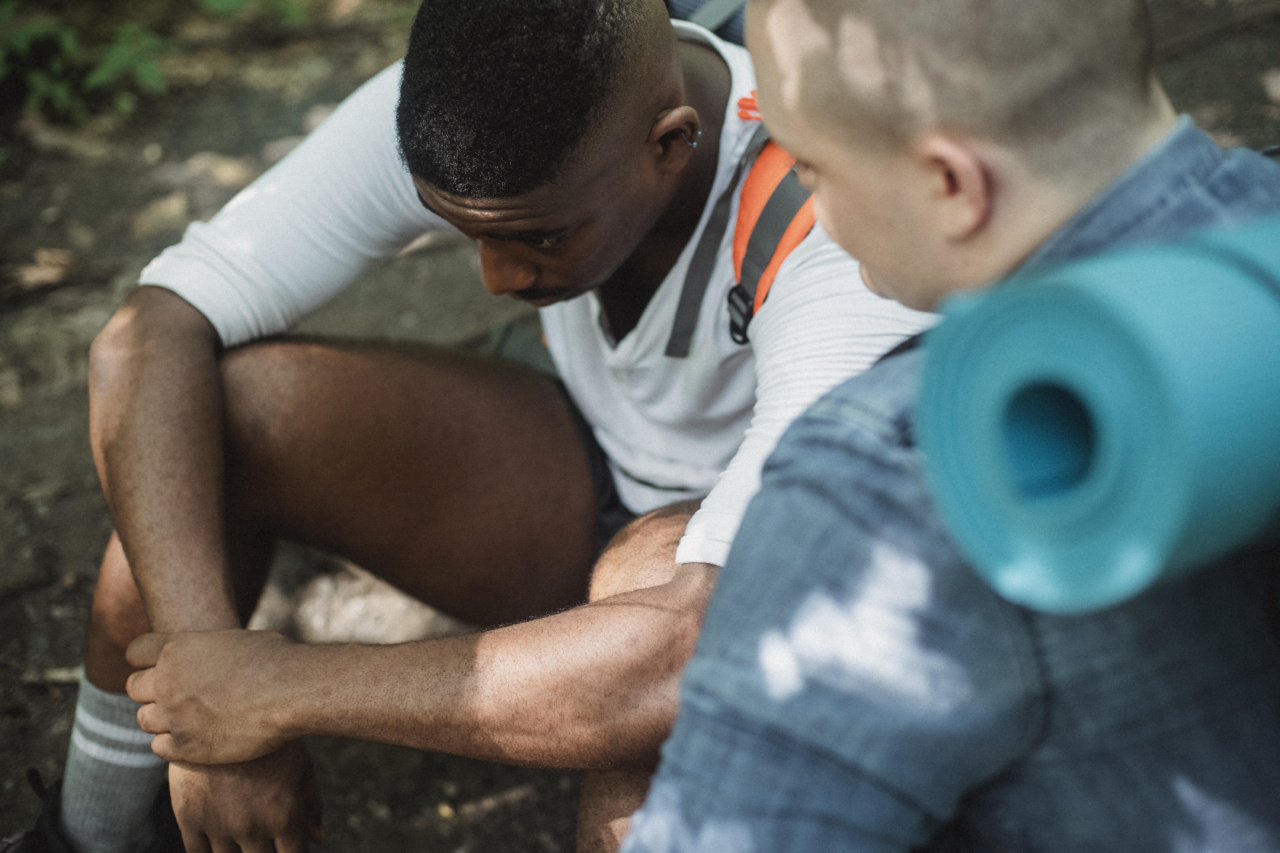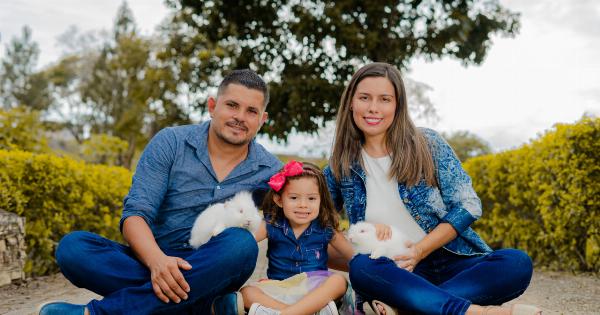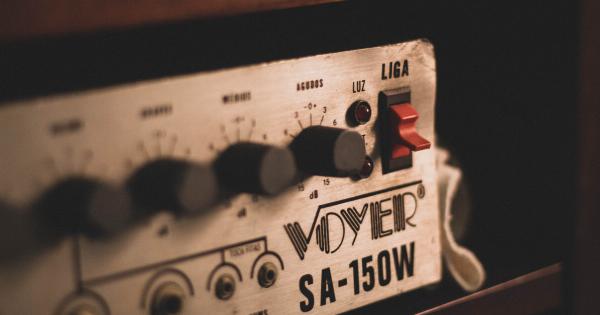Veterans have often experienced extreme trauma during their service that can lead to stress and anxiety that can be difficult to overcome.
Post-Traumatic Stress Disorder (PTSD) affects many veterans and can lead to a wide range of symptoms including flashbacks, nightmares, anxiety, and depression. Here are some activities that can help veterans combat stress:.
1. Exercise
Regular exercise has been shown to have a positive impact on mental health and can help reduce symptoms of stress. Physical activity can help release endorphins, which are natural chemicals in the body that help to reduce pain and improve mood.
Veterans can benefit from a variety of exercise activities, such as running, swimming, cycling, yoga, and weightlifting. Group exercising has also been shown to be effective in reducing stress, and can provide a sense of community and support.
2. Art Therapy
Art therapy is a form of psychotherapy that uses art as a form of self-expression and can help individuals dealing with trauma, stress, and other mental health issues.
Art therapy can help veterans reduce stress, improve mood, and express difficult emotions. It can be a powerful tool for veterans who may have difficulty expressing themselves through traditional forms of therapy. Art therapy can include activities such as drawing, painting, sculpting, and photography.
3. Mindfulness and Meditation
Mindfulness and meditation are practices that can help reduce stress and anxiety by using techniques that focus on being present in the moment.
These practices can help veterans develop skills to manage difficult emotions and handle stressful situations. Mindfulness and meditation can be practiced in a variety of ways, such as deep breathing exercises, body scans, and guided meditations from apps.
4. Outdoor Activities
Outdoor activities can provide an opportunity to reduce stress, improve mood, and connect with nature. Veterans can benefit from activities such as hiking, camping, fishing, and gardening.
These activities can help reduce symptoms of PTSD by providing a sense of calm and relaxation.
5. Animal Therapy
Animal therapy involves the use of animals, such as dogs or horses, to assist in the treatment of individuals dealing with mental health issues.
Animal therapy has been shown to be effective in reducing stress and anxiety, improving mood, and promoting relaxation. Veterans can benefit from interacting with animals in a variety of ways, such as spending time with a therapy dog or participating in equine therapy sessions.
6. Music Therapy
Music therapy is a form of therapy that uses music to promote emotional, physical, and mental wellness. Music therapy can help veterans reduce stress, improve mood, and express difficult emotions.
It can involve activities such as singing, playing musical instruments, and listening to music.
7. Volunteer Work
Volunteer work can provide a sense of purpose and fulfillment, which can help reduce stress and promote well-being.
Veterans can volunteer in a variety of ways, such as helping out at a local shelter or food bank, participating in a neighborhood cleanup, or mentoring youth.
8. Sports and Recreation
Sports and recreation can provide an opportunity to reduce stress, improve mood, and build community. Veterans can benefit from activities such as basketball, volleyball, softball, or bowling.
Joining a sports league or recreational group can also help build social connections and provide a sense of belonging.
9. Writing or Journaling
Writing or journaling can be a powerful tool for managing stress and promoting well-being. Veterans can benefit from this solo activity by writing down their thoughts, emotions, and experiences.
Writing or journaling can help veterans process difficult emotions and reflect on their experiences. They can also use writing or journaling to capture their personal journey as a veteran.
10. Support Groups
Support groups provide an opportunity to connect with others who may be dealing with similar experiences and issues. Support groups can be helpful for veterans who may feel isolated or alone.
Veterans can benefit from the connections they make in support groups and the sense of community they provide.






























